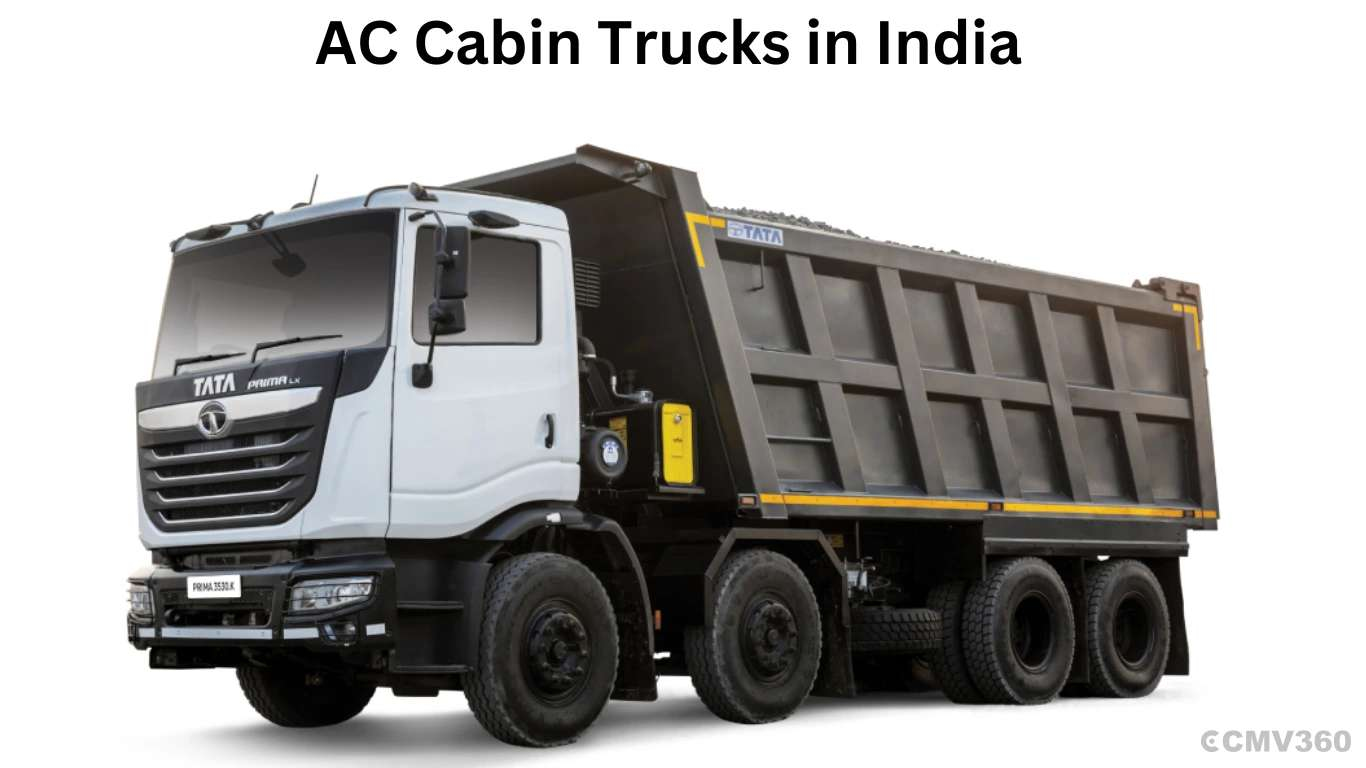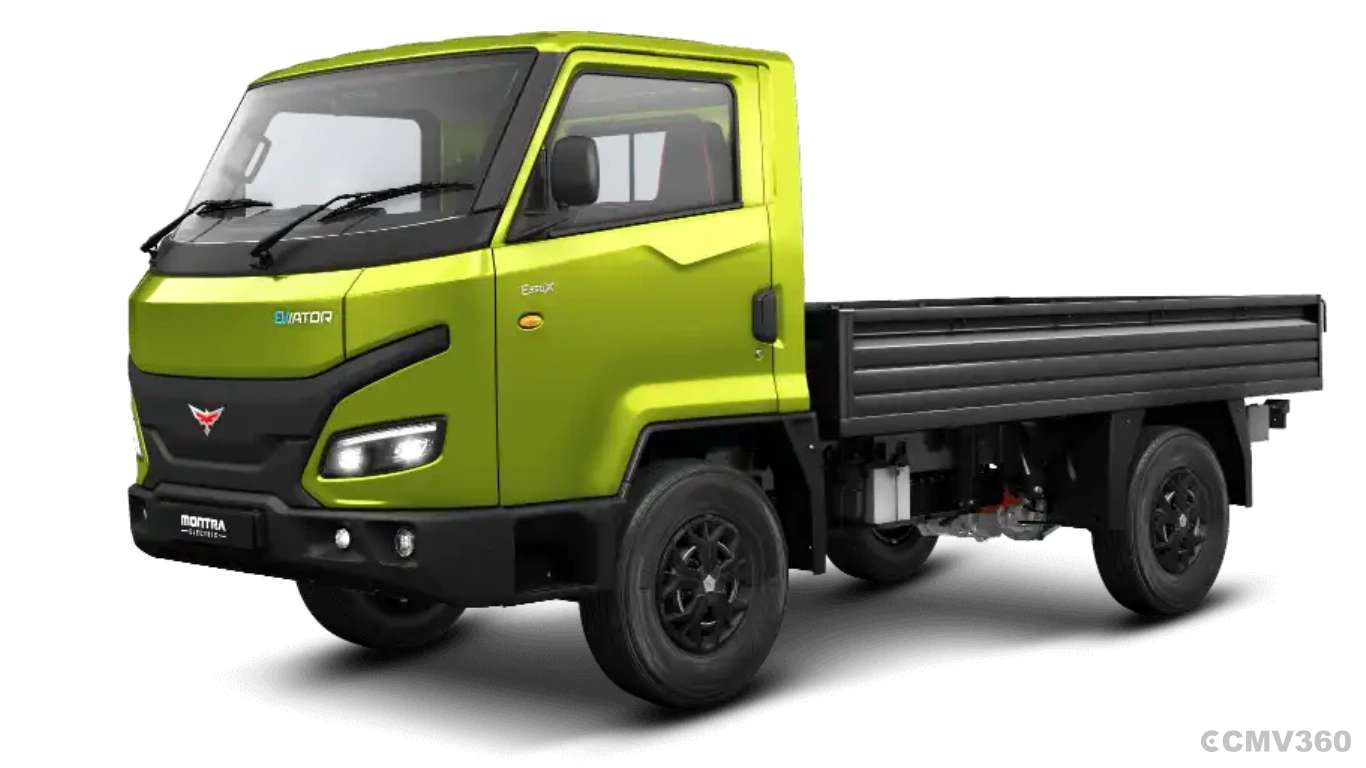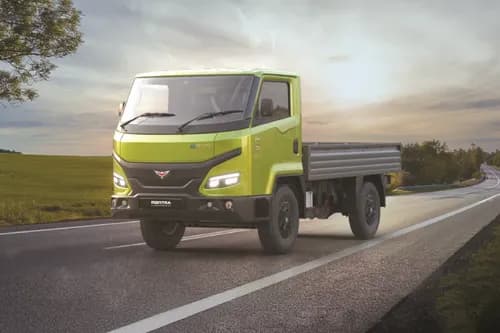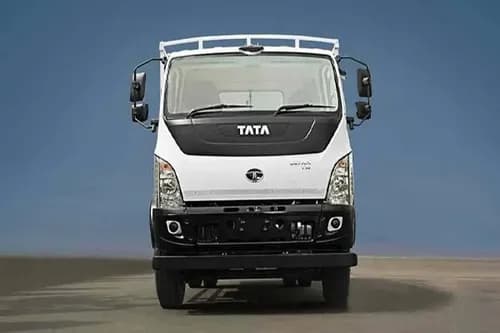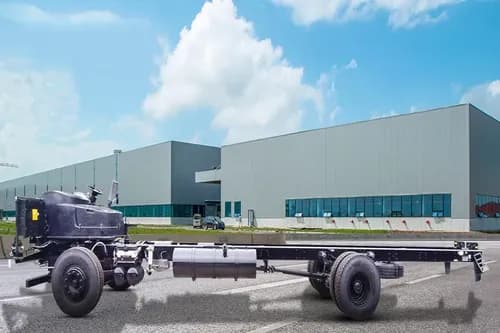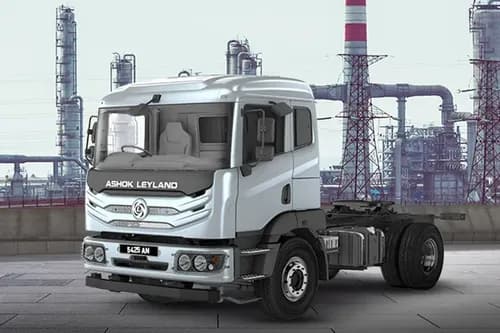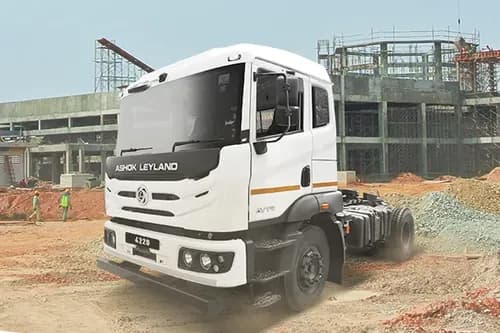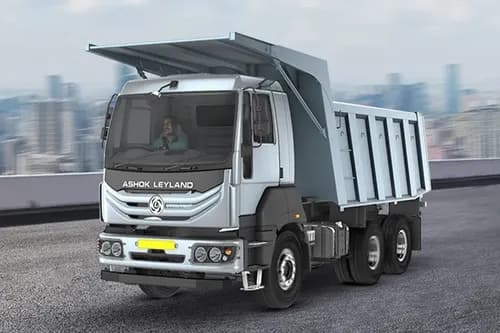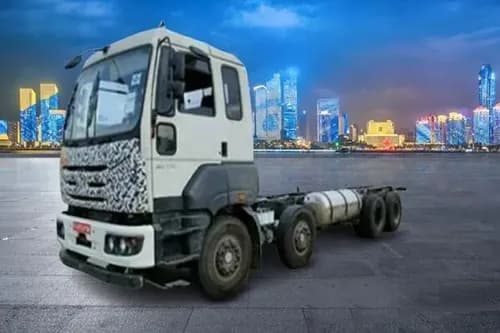Ad
Ad
How to Choose the Right Drive Shaft for Your Commercial Vehicle
In this article, we will discuss How to Choose the Right Drive Shaft for Your Commercial Vehicle. A drive shaft is a mechanical component in vehicles, including commercial ones, that transfers power from the engine to the wheels.

In the realm of commercial vehicles, components like drive shafts play a crucial role in ensuring smooth operations and optimal performance. A drive shaft, a mechanical component that transfers torque from the engine to the wheels, is a critical part of a vehicle's powertrain system.
**What do you mean by a Drive Shaft and How it works? **
A drive shaft is a mechanical component in vehicles, including commercial ones, that transfers power from the engine to the wheels. It's usually a long, cylindrical shaft that connects the transmission to the differential, which then distributes power to the wheels.
In commercial vehicles, such as trucks and buses, the engine's rotational power is transferred to the drive shaft, which then transmits it to the differential. The differential adjusts the speed and torque of the wheels, allowing them to rotate at different speeds when turning.
This setup enables the vehicle to move forward while accommodating variations in wheel movement and suspension. The drive shaft needs to be strong and balanced to ensure smooth power transmission and minimize vibrations. Regular maintenance is important to keep the drive shaft in good working condition for optimal vehicle performance.
Also Read: How to Choose the Right Front-Wheel Drive System for Your Commercial Vehicle
Importance Of Choosing the Right Drive Shaft For Your Commercial Vehicles
Choosing the right drive shaft for your commercial vehicles is important as it directly impacts the vehicle's performance, efficiency, and overall safety. The drive shaft, a crucial component in transmitting power from the engine to the wheels, must be carefully selected based on various factors.
Firstly, the type of vehicle and its intended use plays a significant role in drive shaft selection. Factors such as weight capacity, towing requirements, and terrain conditions determine the torque and stress the drive shaft will experience. A mismatched drive shaft can lead to accelerated wear and tear, decreased fuel efficiency, and even potential breakdowns.
Secondly, the material of the drive shaft matters. Modern drive shafts are commonly made of steel, aluminium, or a composite blend. Each material has its own advantages and limitations in terms of durability, weight, and cost. The choice should be aligned with the vehicle's needs and budget.
Balancing is another critical aspect. Imbalanced drive shafts can lead to vibration issues, resulting in discomfort for passengers and potentially damaging other components. Proper balancing not only ensures a smoother ride but also extends the life of the drive shaft and related components.
Furthermore, considering maintenance and serviceability is vital. Opting for a well-known and reliable manufacturer can simplify maintenance procedures and reduce downtime. Compatibility with other drivetrain components should also be evaluated to prevent compatibility issues that might arise from using mismatched parts.
Drive Shafts directly influence performance, efficiency, and safety. Careful consideration of the vehicle's specifications, use, material, balancing, and maintenance requirements will result in a drive shaft that enhances overall vehicle performance and longevity while minimizing the risk of breakdowns and costly repairs.
Choosing the right drive shaft for your commercial vehicle is not only essential for maintaining efficiency and durability but also for ensuring the safety of drivers and cargo. In this article, we will delve into the key considerations to keep in mind when selecting the appropriate drive shaft for your commercial vehicle.
How to Choose the Right Drive Shaft for Your Commercial Vehicle
1. Understanding the Basics
Before delving into the selection process, it's important to grasp the fundamentals of drive shafts. Drive shafts are typically made of steel and consist of a tubular shaft with a yoke at each end to connect to the transmission and the differential.
They come in various lengths and diameters, depending on the vehicle's wheelbase and power requirements. Moreover, different types of commercial vehicles, such as trucks, buses, and delivery vans, have varying demands when it comes to driving shaft specifications.
2. Analyzing Vehicle Specifications
Start by examining your commercial vehicle's specifications, including its weight, wheelbase, engine power, and axle configuration. The length of the drive shaft must be appropriate for the distance between the transmission and the rear axle. An incorrect length could result in misalignment and vibration, leading to premature wear and decreased performance.
3. Load and Application
Consider the nature of the load your commercial vehicle will be carrying. Heavier loads necessitate drive shafts that can handle increased torque and stress. If your vehicle is involved in heavy-duty applications such as construction, mining, or transportation of heavy goods, opt for drive shafts with higher torque capacity and durability.
4. Material and Construction
Drive shafts are often made from various materials, including steel, aluminium, and composite materials. Steel drive shafts are known for their durability and strength, making them suitable for heavy-duty applications.
Aluminium drive shafts, on the other hand, are lighter and can help reduce the overall weight of the vehicle, improving fuel efficiency. Composite driveshafts offer a balance between strength and weight reduction, but their use is more common in specific applications.
5. Balancing and Vibration
A well-balanced drive shaft is crucial for minimizing vibration, which can lead to discomfort for the driver and accelerated wear on the components. When selecting a drive shaft, consider the balance and alignment specifications to ensure a smooth and vibration-free ride.
6. Maintenance and Serviceability
Ease of maintenance is a significant factor in the selection process. Choose drive shafts that are designed for easy maintenance, as this will reduce downtime and maintenance costs. Additionally, consider the availability of spare parts and service support from the manufacturer.
7. Budget
While it's important to invest in a quality drive shaft that meets your vehicle's requirements, budget considerations cannot be ignored. Compare different options, taking into account factors like initial cost, long-term maintenance expenses, and the potential impact on fuel efficiency.
8. Expert Advice
Selecting the right drive shaft can be a complex process, especially for commercial vehicles with unique requirements. Consulting with experts or engineers who specialize in powertrain systems can provide valuable insights and help you make an informed decision.
9. Brand Reputation and Warranty
Choose drive shafts from reputable manufacturers with a track record of producing reliable and durable components. A warranty that covers manufacturing defects and premature failures can provide you with peace of mind and protection for your investment.
Also Read: How to Choose the Right Fuel Type for Your Commercial Vehicle
Conclusion
The selection of the right drive shaft for your commercial vehicle is a critical decision that influences performance, safety, and longevity. By carefully considering factors such as vehicle specifications, load requirements, material choices, and maintenance considerations, you can make an informed choice that ensures the optimal functioning of your commercial vehicle.
Remember that seeking advice from experts and investing in quality components will pay off in the long run, contributing to the overall success of your commercial vehicle operations.
Features & Articles
Summer Truck Maintenance Guide in India
This article provides a simple and easy-to-follow summer truck maintenance guide for Indian roads. These tips ensure that your truck remains reliable and efficient during...
04-Apr-25 01:18 PM
Read Full NewsAC Cabin Trucks in India 2025: Merits, Demerits, and Top 5 Models Explained
From 1st October 2025, all new medium and heavy trucks must have air-conditioned (AC) cabins. In this article, we will discuss why every truck should have an AC cabin, it...
25-Mar-25 07:19 AM
Read Full NewsBenefits of Buying Montra Eviator In India
Discover the benefits of buying the Montra Eviator electric LCV in India. With best performance, long range, and advanced features, it's perfect for city transport and la...
17-Mar-25 07:00 AM
Read Full NewsTop 10 Truck Spare Parts Every Owner Should Know
In this article, we discussed the top 10 important truck spare parts every owner should know to keep their truck running smoothly. ...
13-Mar-25 09:52 AM
Read Full NewsTop 5 Maintenance Tips for Buses in India 2025
Operating a bus in India or managing a fleet for your company? Discover the top 5 maintenance tips for buses in India to keep them in top condition, reducing downtime, an...
10-Mar-25 12:18 PM
Read Full NewsHow to Improve Electric Truck Battery Range: Tips & Tricks
In this article, we will explore several tips and tricks to improve the battery range of electric trucks in India....
05-Mar-25 10:37 AM
Read Full NewsAd
Ad
Registered Office Address
Delente Technologies Pvt. Ltd.
M3M Cosmopolitan, 12th Cosmopolitan,
Golf Course Ext Rd, Sector 66, Gurugram, Haryana
pincode - 122002
Join CMV360
Receive pricing updates, buying tips & more!
Follow Us
COMMERCIAL VEHICLE BUYING BECOMES EASY AT CMV360
CMV360 - is a leading commercial vehicle marketplace. We helps consumers to Buy, Finance, Insure and Service their commercial vehicles.
We bring great transparency on pricing, information and comparison of tractors, trucks, buses and three wheelers.

